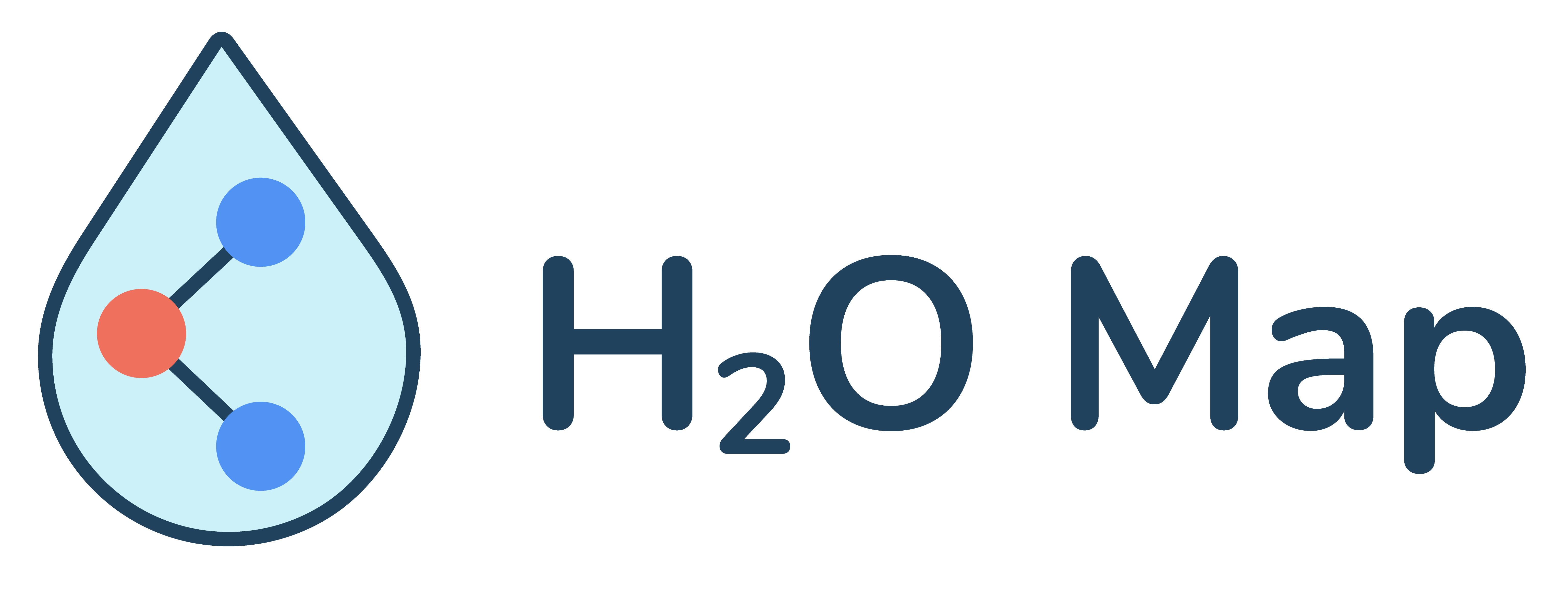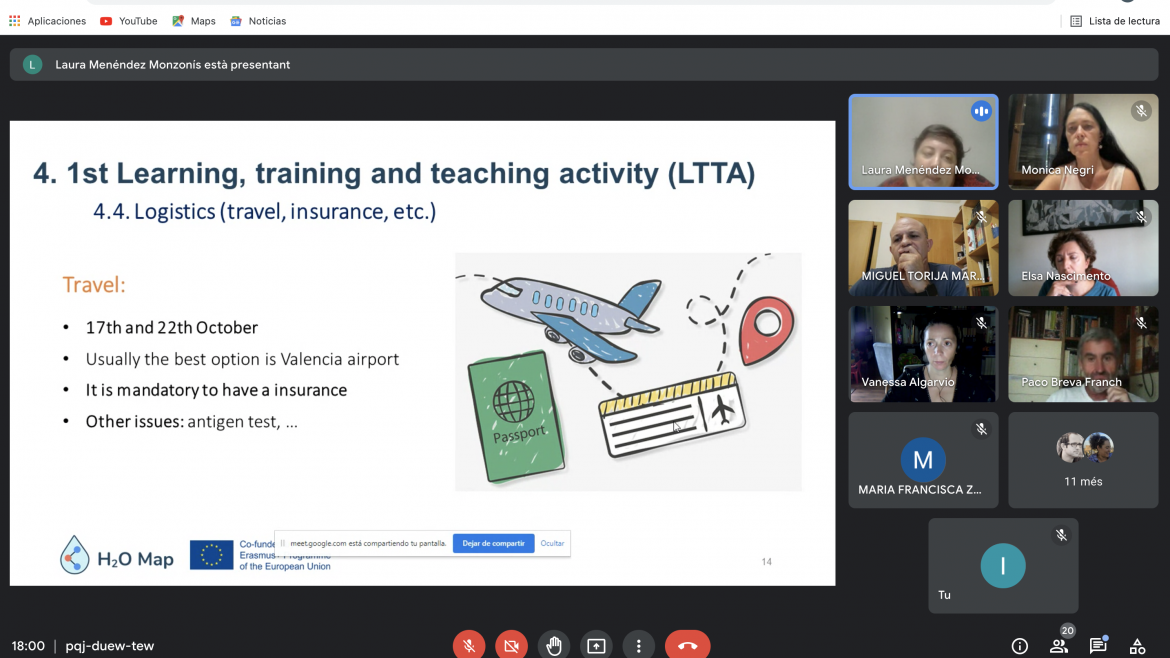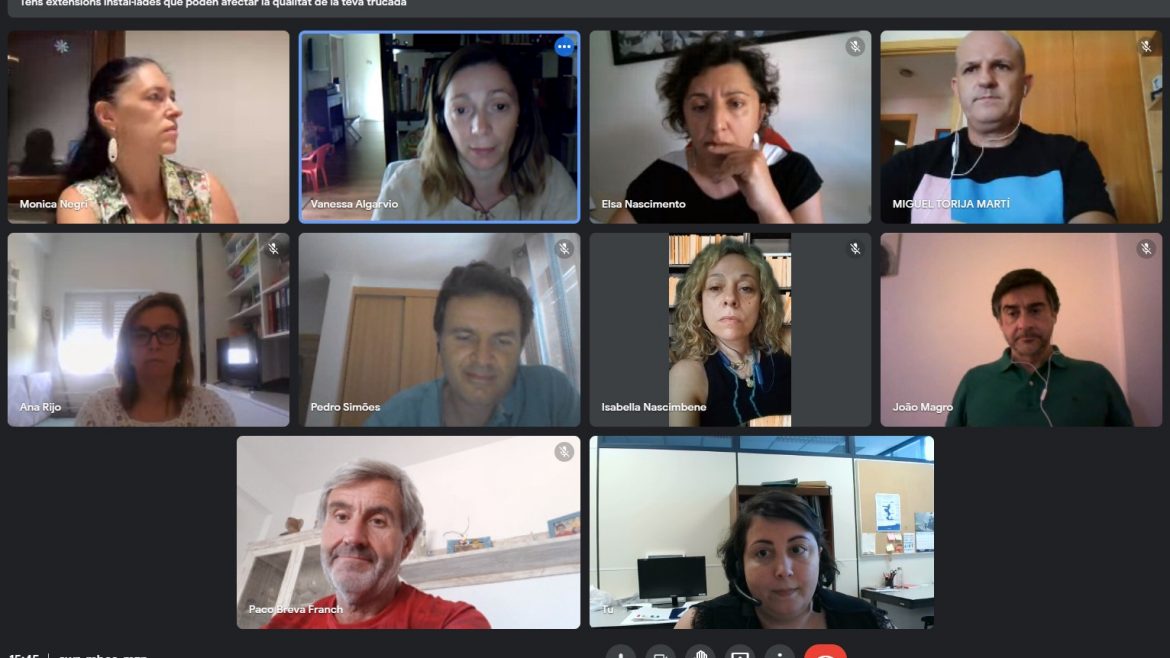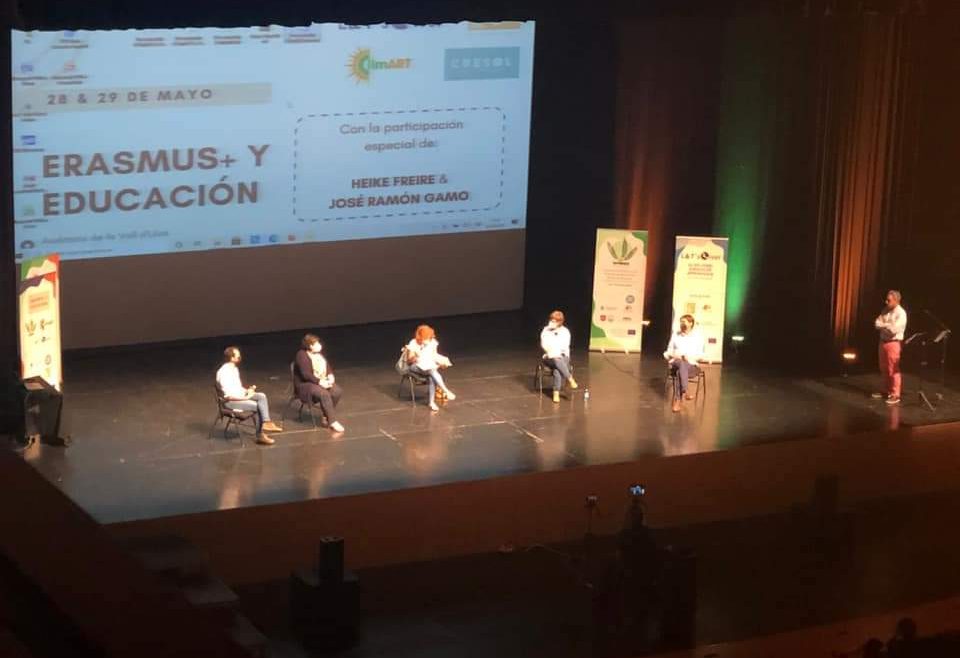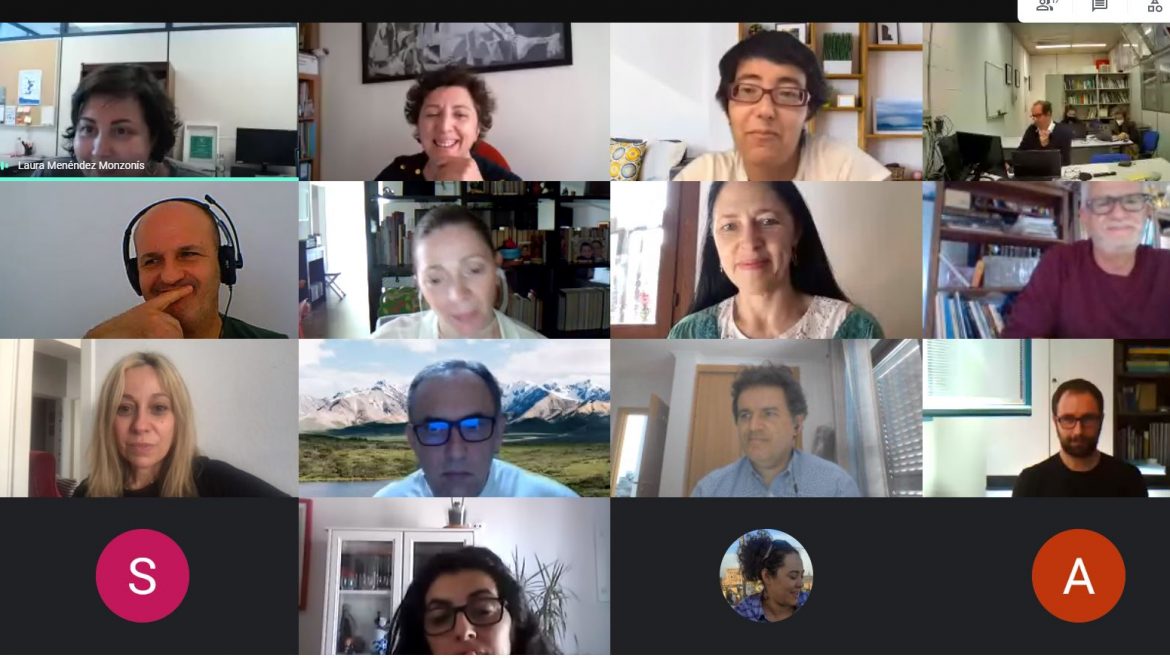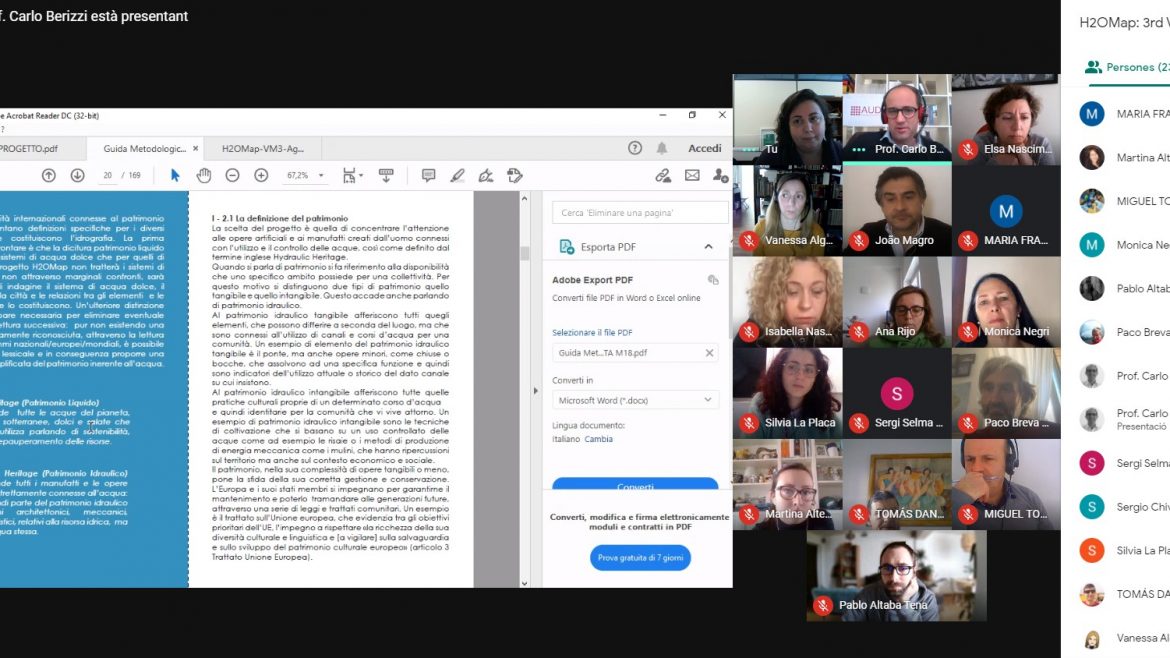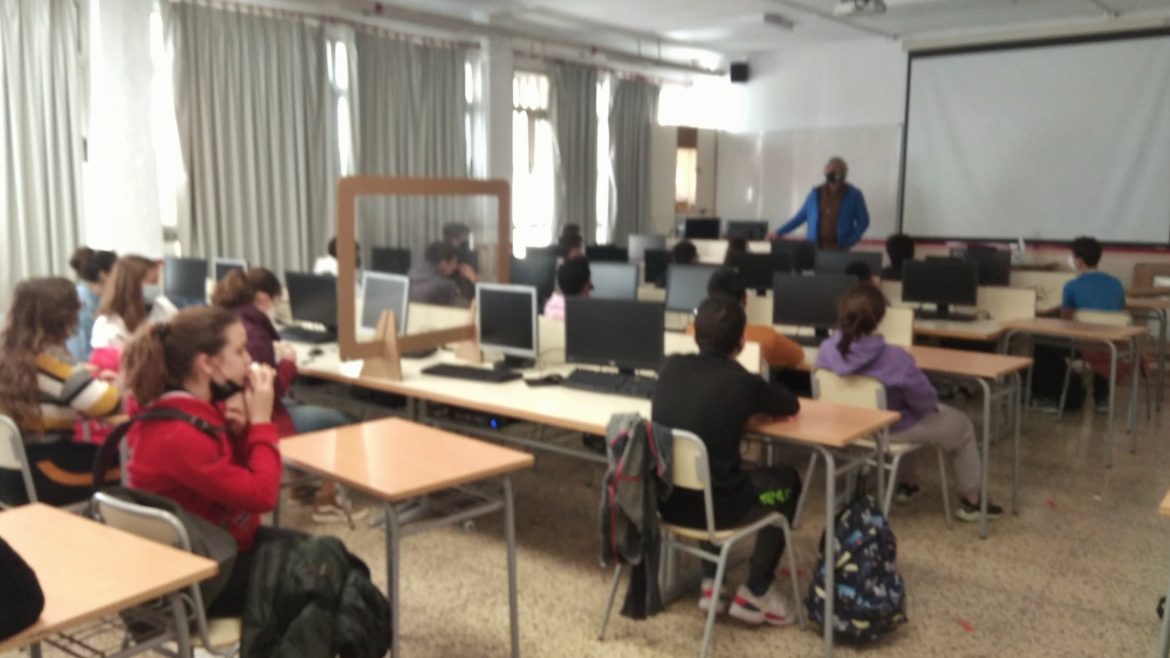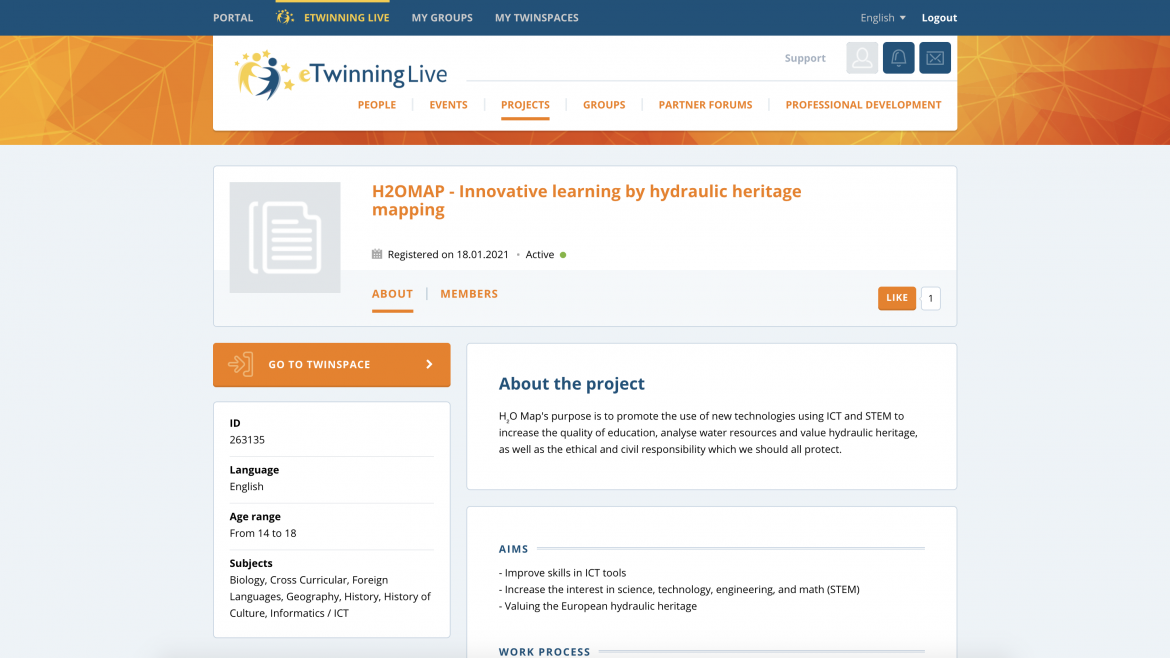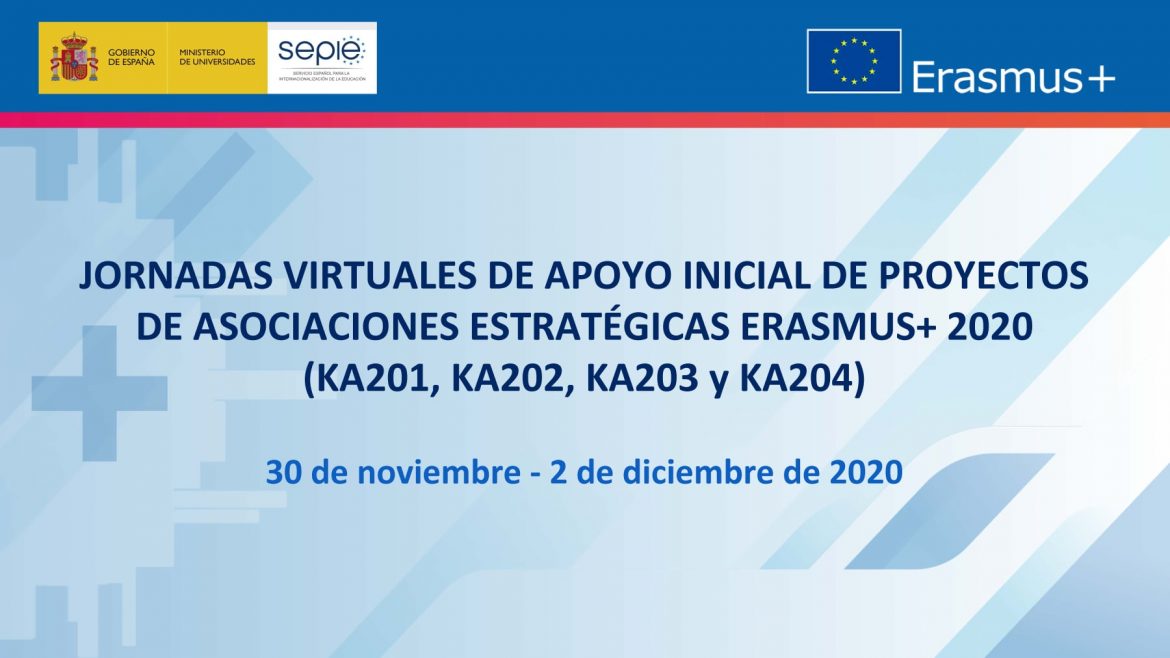The 5th virtual meeting of H2OMap focuses on the next actions
https://h2omap.uji.es/wp-content/uploads/2021/09/5VM_01-1024x609.png 1024 609 Laura Menéndez Laura Menéndez https://h2omap.uji.es/wp-content/plugins/ultimate-member/assets/img/default_avatar.jpgThe 5th H2OMap virtual meeting focused on detailing the 3 multiplier events scheduled in September and the learning activity scheduled in October. Very excited to move forward with the project!
 English
English Español
Español Italiano
Italiano Português
Português